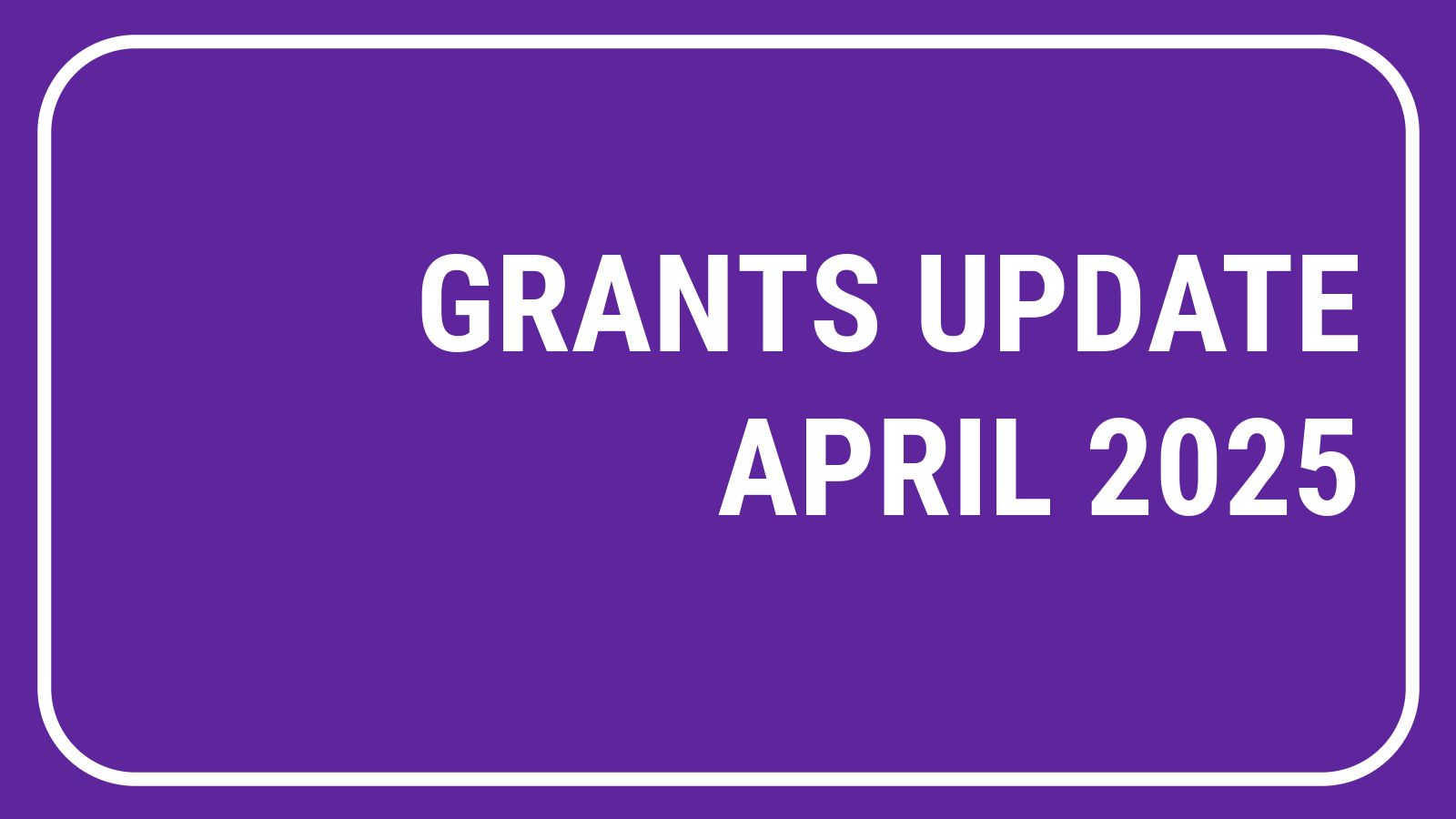INFORMATION AT HUNTER:
Research Administration Grants Team
Phone: (212) 772-4020
Email: funding@hunter.cuny.edu
NATIONAL ENDOWMENT FOR THE HUMANITIES
DUE: June 11
WEB: https://www.neh.gov/grants/public/digitalprojects-the-public
ELIGIBILITY: Any U.S. nonprofit organization with IRS tax-exempt status is eligible, as are state and local governmental agencies and federally recognized Indian tribal governments. Individuals are not eligible to apply.
FUNDING: Awards are made for a period of one to three years and may range up to $30,000 for Discovery grants, up to $100,000 for Prototyping grants, and up to $400,000 for Production grants. Successful applicants will be awarded a grant in outright funds, matching funds, or a combination of the two, depending on the applicant’s preference and the availability of funds.
The Digital Projects for the Public program supports projects that interpret and analyze humanities content in primarily digital platforms and formats, such as websites, mobile applications and tours, interactive touch screens and kiosks, games, and virtual environments. The projects must be designed to attract broad public audiences. All Digital Projects for the Public projects should: (a) present analysis that deepens public understanding of significant humanities ideas; (b) incorporate sound humanities scholarship; (c) involve humanities scholars in all phases of development and production; (d) include appropriate digital media professionals; (e) reach a broad public through a realistic plan for development, marketing, and distribution; (f) create appealing digital formats for the general public; and (g) demonstrate the capacity to sustain themselves.


